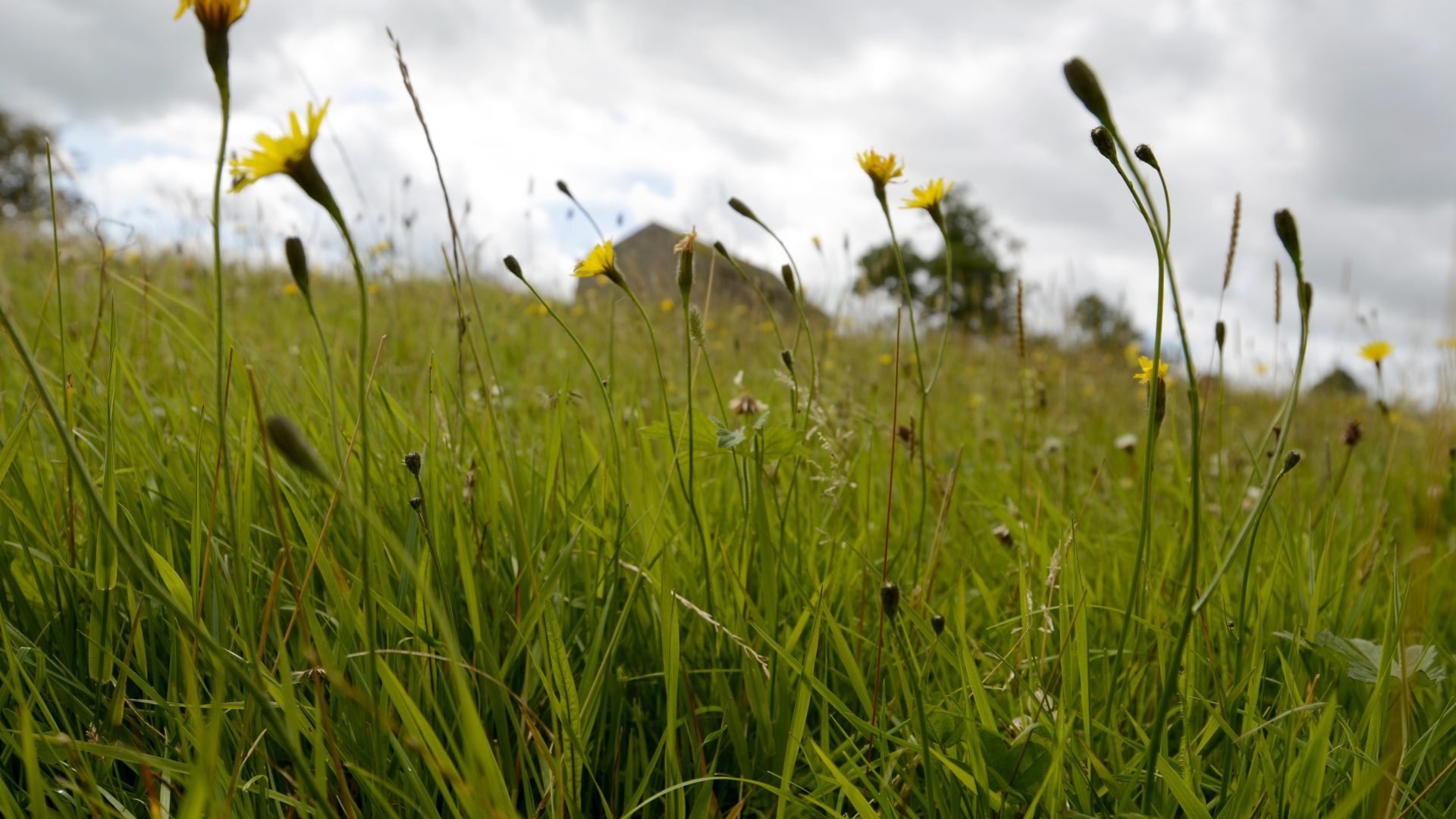
We must keep campaigning against the #AttackOnNature
Published: 12 December 2022
Campaign for National Parks brings together a campaigning collective of more than 40 organisations. At the heart of this, are the National Park Societies, third sector and volunteer led organisations which campaign on behalf of their individual Parks at regional level. Working on the ground, these societies have decades of experience in taking direct action on environmental issues of critical importance to their respective regions. It’s thanks to them that so many of the National Parks were designated in the first place.
Here, we hear from Bruce McLeod, Chair of Trustees for Friends of the Dales:
“During the Covid pandemic there was a lot of talk, under airplane-free skies, about how the nation was going to ‘build back better’ and greener. One might have assumed, for example, that Sir John Lawton’s report – Making Space For Nature (2010) – and the recommendation of interconnected ‘nature restoration zones’ would finally be taken seriously in order to tackle the twin crises of climate breakdown and species collapse. Indeed public discourse is full of (and accepts the legitimacy of) emergency, crisis, decline, warming, and even ‘extinction’. Instead, or in a parallel universe inhabited by Government and corporations, we get business ‘investment zones’ and a threat to cast 570 laws governing the environment, agriculture and food safety into a bonfire of deregulation.
Friends of the Dales is proud to be part of a widespread and galvanised resistance to ‘growth’ at any cost. Along with our National Park Society colleagues we signed Campaign for National Parks’s declaration which opposes the Government riding roughshod over protected landscapes and environmental safeguards under #AttackOnNature. We must keep up the pressure; stoke the anger; and mobilise our members. The bonfire probably won’t happen but I’d urge us to stick with #AttackOnNature permanently. After all, it’s been happening in one form or another for a long time.
The three strategic pillars of the economic order for the last 40 years – de-regulation, cutting public spending, and privatisation – are not going away no matter what government is in power. And, the last 40 years have seen a catastrophic decline in wildlife and habitat as well as an inexorable growth of green house gas emissions and fossil fuel company profits. All to say, the current socio-economic order is lethal for ecological well-being. The default move has been and still is to privilege the private sector and look to it for money and ‘solutions’.
This leaves the National Parks, the National Park Authorities, (some) landowners and many farmers in a tricky position. Even with the best will in the world, good intentions wither and projects are dead in the water without cash. The erosion of public spending for nature and protected landscapes has taken its toll. For instance, taking into account inflation and the expansion of the Yorkshire Dales National Park (YDNPA) in 2016, the core grant from Government should be in the region of £9.4 million not the £5.2 million on the table. At present close to 60% of the YDNPA’s budget is now sourced from private sector grants.
The creeping privatisation of services and projects should have us rallying behind #SaveOurNationalParks. Private money and a project-by-project approach for nature-friendly farming leaves both National Parks and farmers in a precarious state, exposed to the vagaries and vectors of the private sector as well as abrupt changes in Government policy. To ditch the EU Common Agricultural Policy subsidy, promote Environmental Land Management schemes, and then do nothing is a scandalous way to treat farmers and the future of sustainable agriculture.
But there are some glimmers of a greener future: one that is cleaner, healthier, more regenerative and equitable. And, one never knows how campaigns today, which may not pan out the way we hope, will impact the future. Consider that not too many years ago a proposal to increase tax on second homes in the Dales was roundly defeated. Now North Yorkshire County Council has agreed that second home owners will have to pay double the council tax. That income (and perhaps that generated by a tourism levy and higher parking fees?) could be ploughed into a low-carbon public transport network. Who knows? But it is up to us to keep pushing for radical change.”
